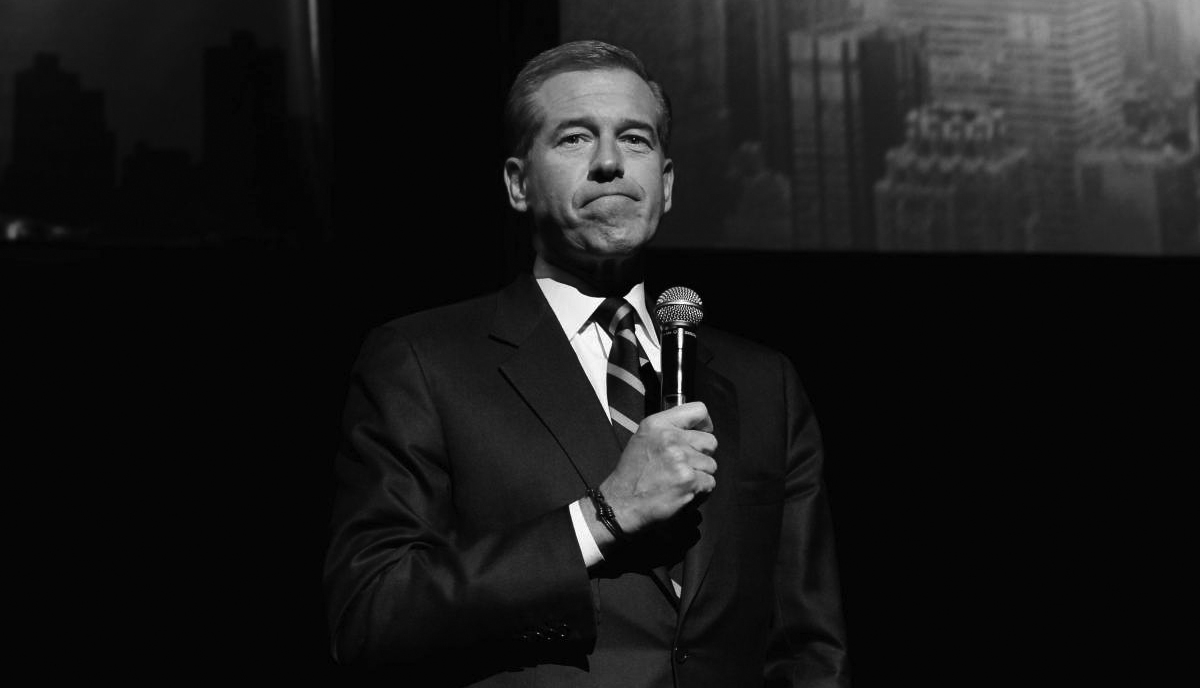Principled Leadership: The Importance of Ethics and Values
March 12, 2023 Leave a comment

Principled Leadership: The Importance of Ethics and Values
Effective leadership is essential for the success of any organization, but not all leadership styles are equal. The most effective leadership is principled leadership, which is based on a set of core principles and values that guide leaders’ actions and decision-making. Principled leaders have a strong moral compass and make decisions based on their principles, rather than personal biases or preferences. By prioritizing their principles, principled leaders ensure that their actions align with their organization’s values and goals.
What is Principled Leadership?
Principled leadership is a leadership style that emphasizes ethical behavior, transparency, accountability, and responsibility. It is a leadership style that is guided by a set of core principles and values, which serve as a foundation for decision-making and action. Principled leaders are committed to promoting the common good, treating others with respect, and acting with integrity.
Importance of Principled Leadership
Principled leadership has several benefits for organizations, including increased trust, loyalty, and commitment from employees. Principled leaders create a culture of transparency, honesty, and accountability, which fosters an environment of trust and respect. Trust is essential for a successful organization, as it fosters open communication, teamwork, and cooperation. Additionally, principled leaders are more likely to attract and retain top talent, as they build a culture grounded in their commitment to ethical behavior and treating employees with respect.
Principled leaders also establish an ethical framework for their organization, a set of principles or values that the organization identifies and uses to make decisions and act in a morally responsible manner. It provides a structure for ethical decision-making and conduct that aligns with the organization’s values and goals. Leaders who are committed to promoting the common good and acting with integrity are more likely to make decisions that benefit the organization as a whole, rather than just a select few. This, in turn, leads to increased employee engagement and productivity, as employees feel that their work is meaningful and contributes to the success of the organization.
Characteristics of Principled Leaders
Principled leaders possess certain characteristics that set them apart from other leaders. These characteristics include:
- Integrity: Principled leaders have a strong sense of right and wrong and always act in accordance with their principles. They are honest, ethical, and transparent in their actions and decisions.
- Vision: Principled leaders have a clear vision of where they want to take the organization and how to get there. They are strategic thinkers and are able to develop plans to achieve their goals.
- Courage: Principled leaders are not afraid to make tough decisions, even if they are unpopular. They are willing to take risks and make difficult choices in order to achieve their goals.
- Empathy: Principled leaders are able to put themselves in the shoes of their employees and understand their needs and concerns. They are able to create a supportive and inclusive work environment that values diversity and inclusion.
- Accountability: Principled leaders hold themselves and their employees accountable for their actions and decisions. They are transparent about their decision-making processes and take responsibility for the outcomes of their decisions.
Developing Principled Leadership in Organizations
Principled leadership can be developed through a variety of methods, including training, coaching, and mentoring. One effective way to develop principled leadership is through ethical leadership training programs. These programs teach leaders how to make ethical decisions, promote transparency and accountability, and foster a culture of respect and integrity.
Another effective way to develop principled leadership is through coaching and mentoring. Experienced leaders can provide guidance and support to emerging leaders, helping them to develop their own set of core principles and values. Additionally, peer mentoring programs can be established, allowing leaders to learn from one another and share best practices.
Developing principled leadership in organizations requires a concerted effort from both management and employees. The following steps can be taken to develop principled leadership in organizations:
- Establish a code of ethics: Organizations should establish a code of ethics that outlines the organization’s values and expectations for employee behavior. This code should be communicated to all employees and should be enforced consistently.
- Lead by example: Management should lead by example and demonstrate principled leadership in their actions and decisions. This sets the tone for the entire organization and reinforces the importance of principled leadership.
- Provide training: Organizations should provide training to employees on principled leadership and ethical decision-making. This training should be ongoing and should reinforce the organization’s values and expectations.
- Foster a culture of transparency: Organizations should foster a culture of transparency, where open communication and honesty are valued. This encourages employees to speak up when they see unethical behavior and helps to prevent unethical behavior from occurring.
- Reward principled behavior: Organizations should reward principled behavior, such as honesty and integrity, through recognition and promotion. This reinforces the importance of principled leadership and encourages employees to act in accordance with the organization’s values.
Conclusion
Principled leadership is essential for the success of any organization, as it sets the foundation for a culture of honesty, integrity, and transparency. Principled leaders possess key characteristics such as integrity, vision, courage, empathy, and accountability, which guide their actions and decisions. Developing principled leadership in organizations requires a concerted effort from both management and employees, including establishing a code of ethics, leading by example, providing training, fostering a culture of transparency, and rewarding principled behavior. By prioritizing principled leadership, organizations can create a culture of trust and ethical behavior, leading to increased employee engagement, productivity, and overall success.









Recent Comments